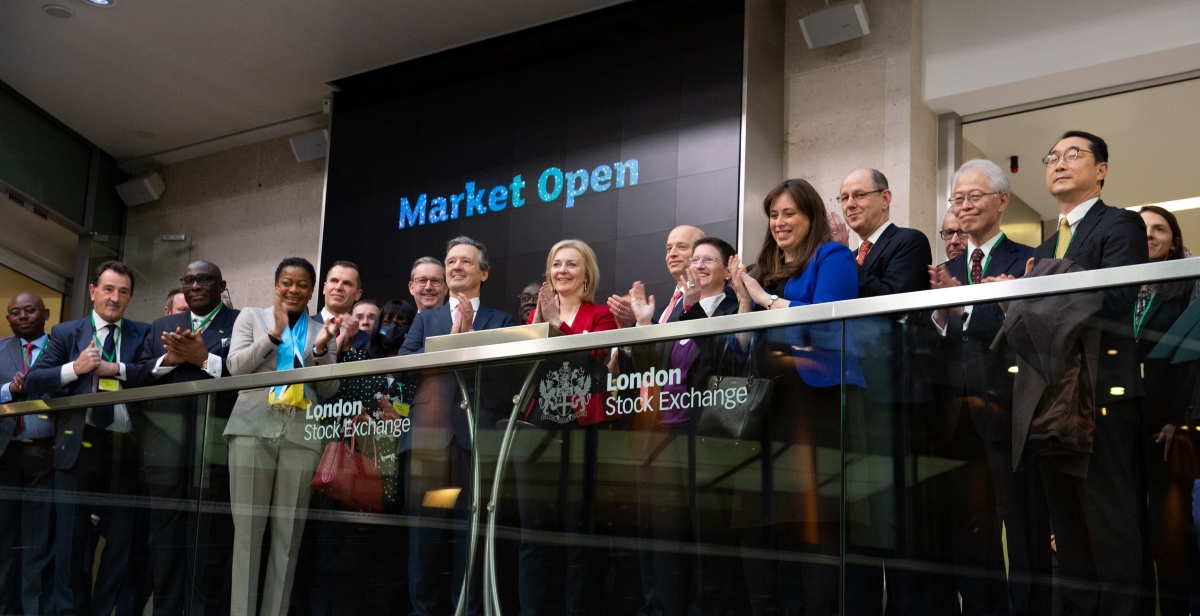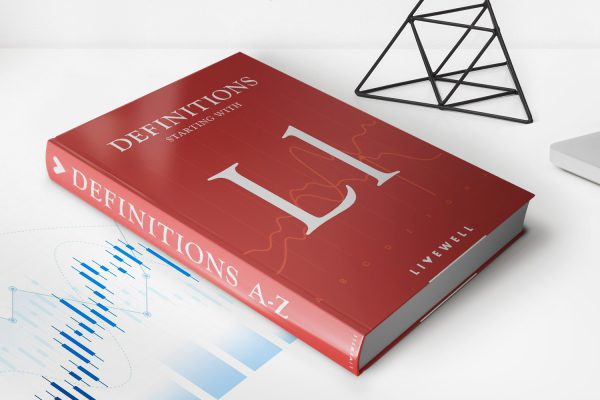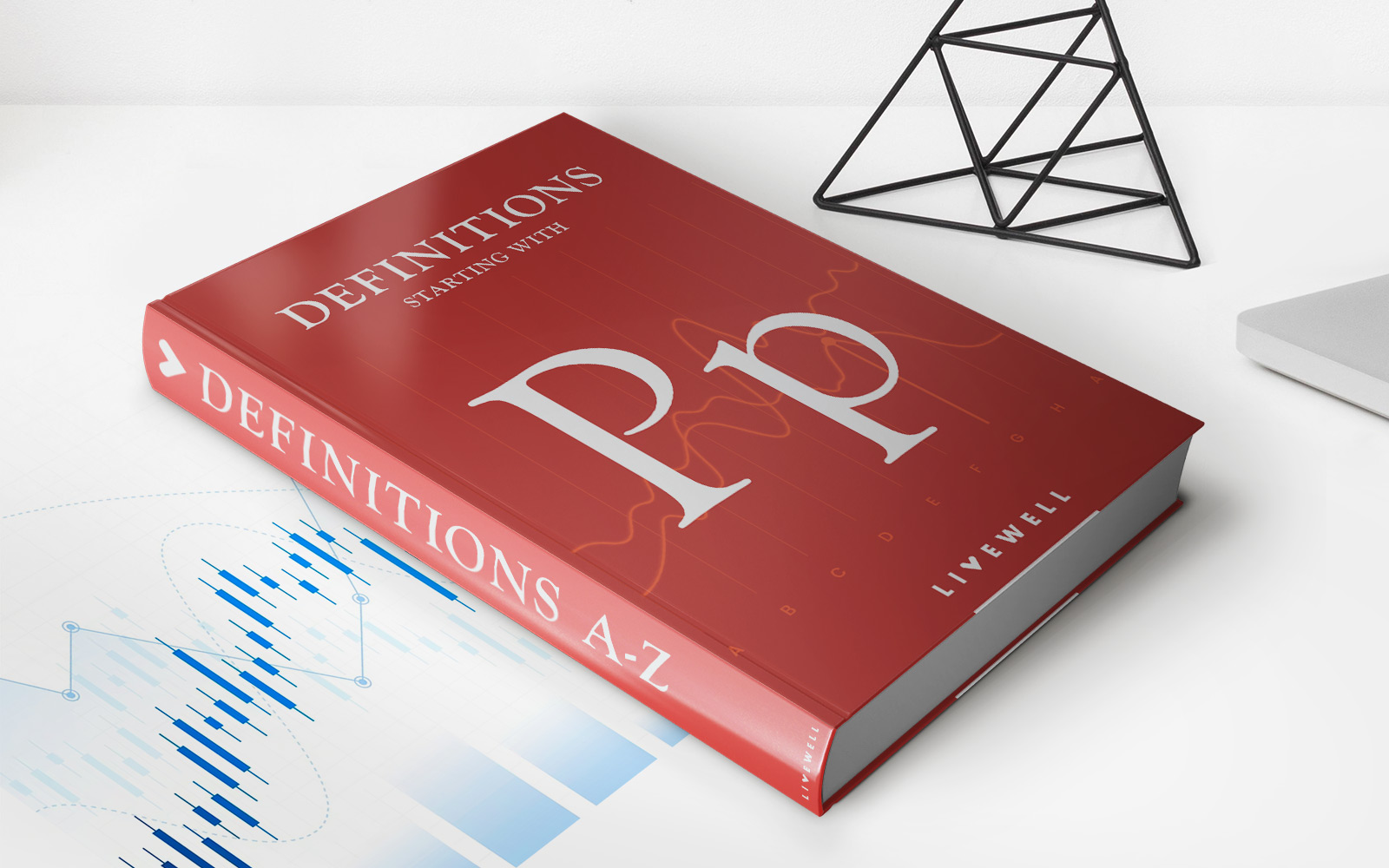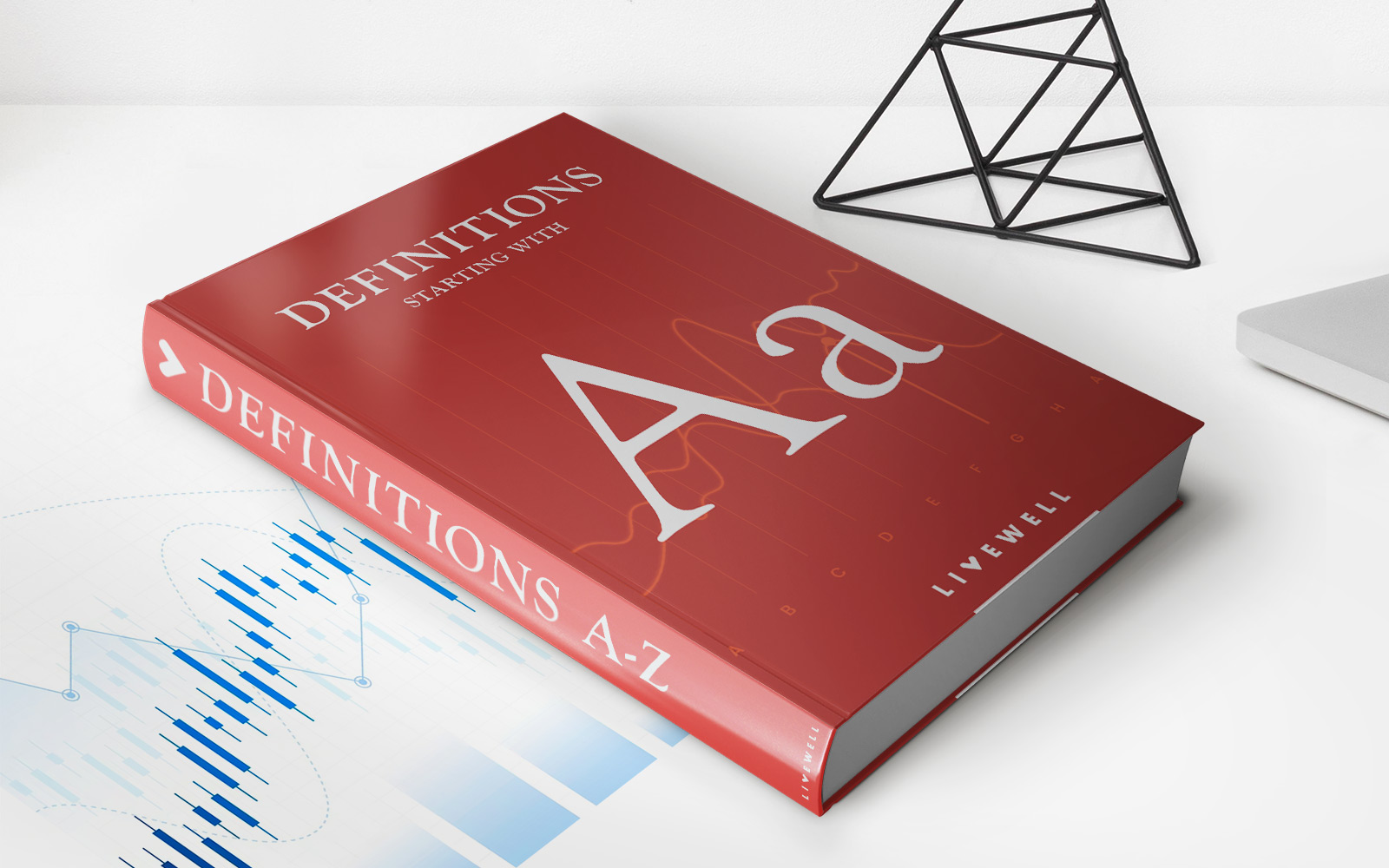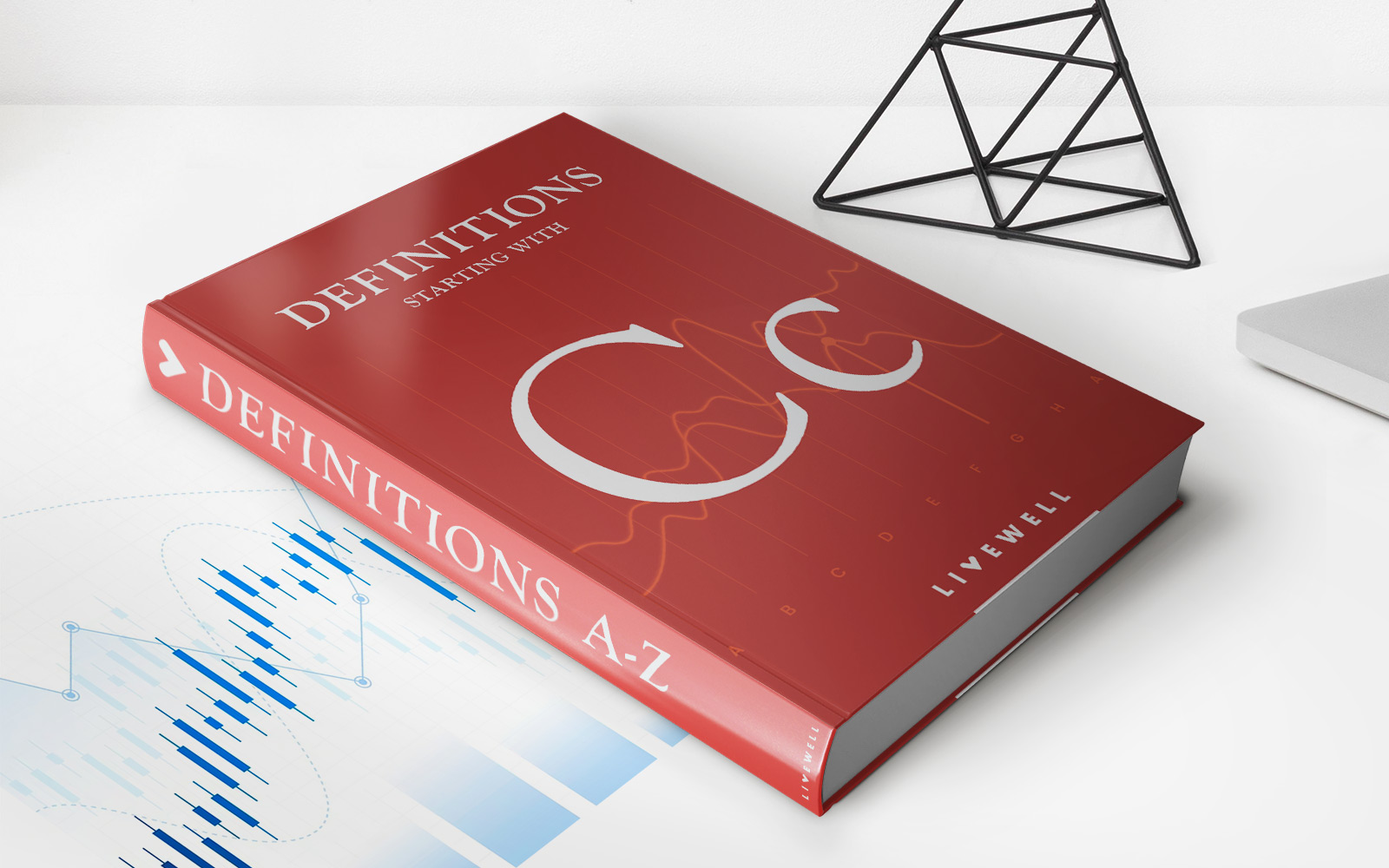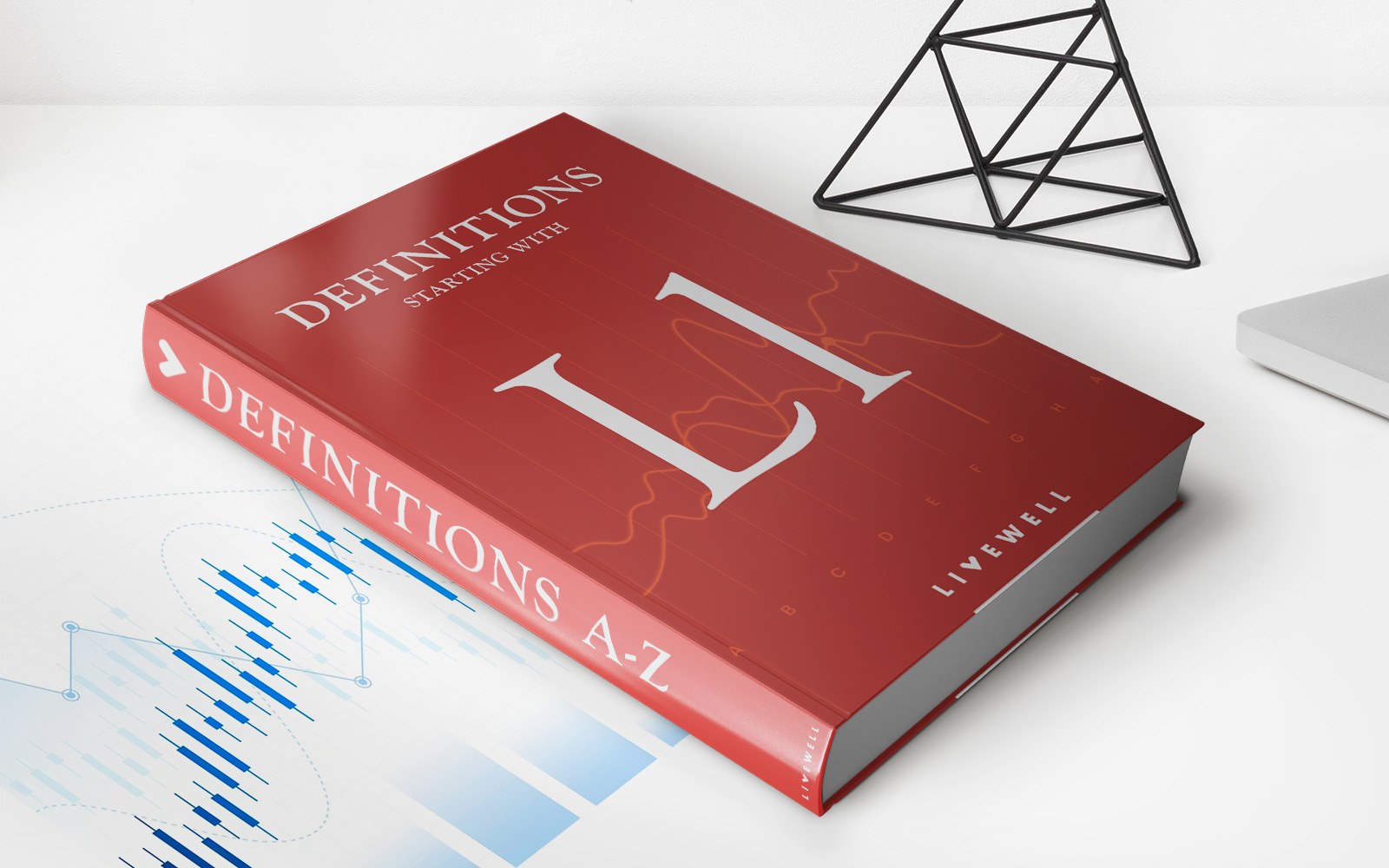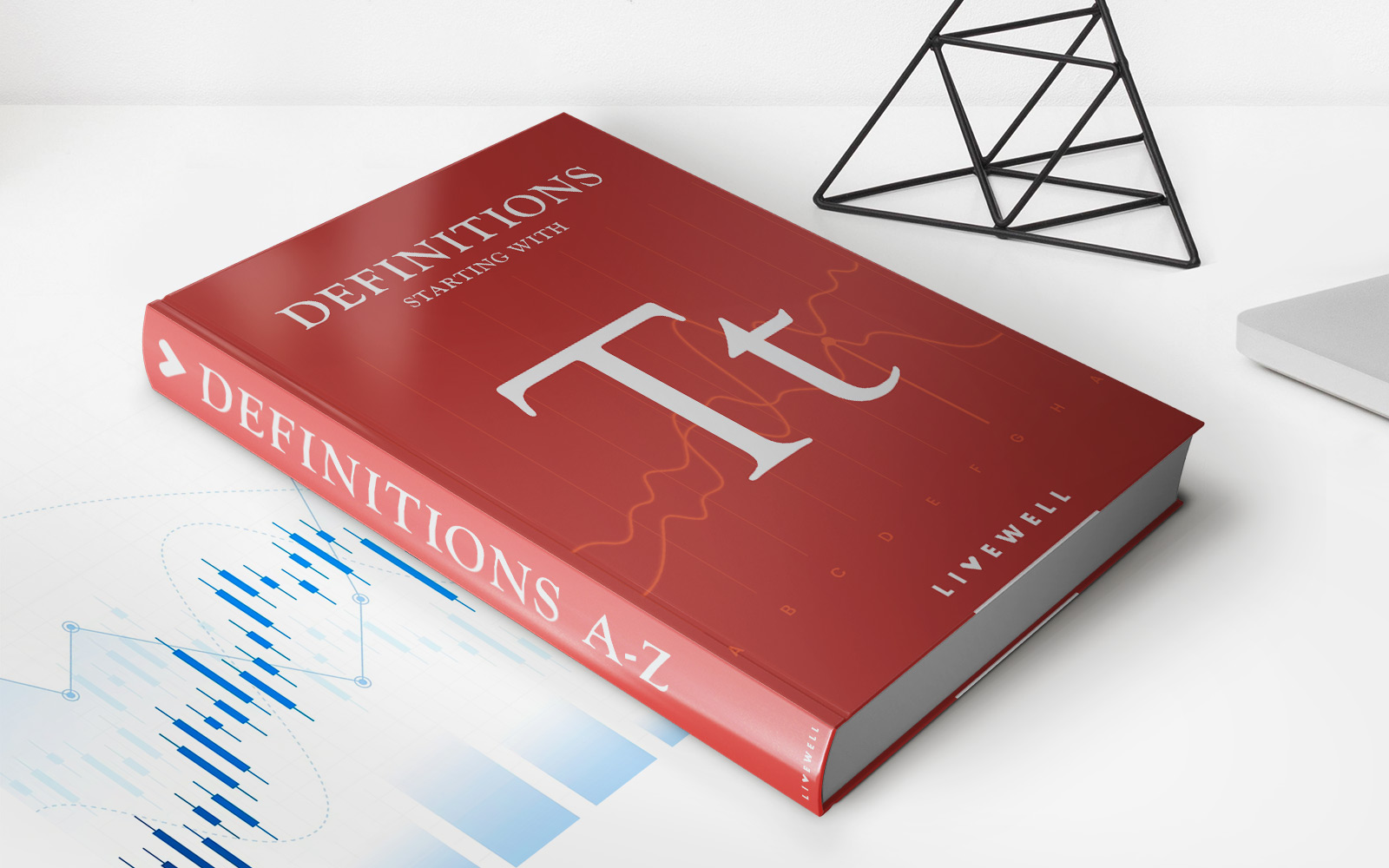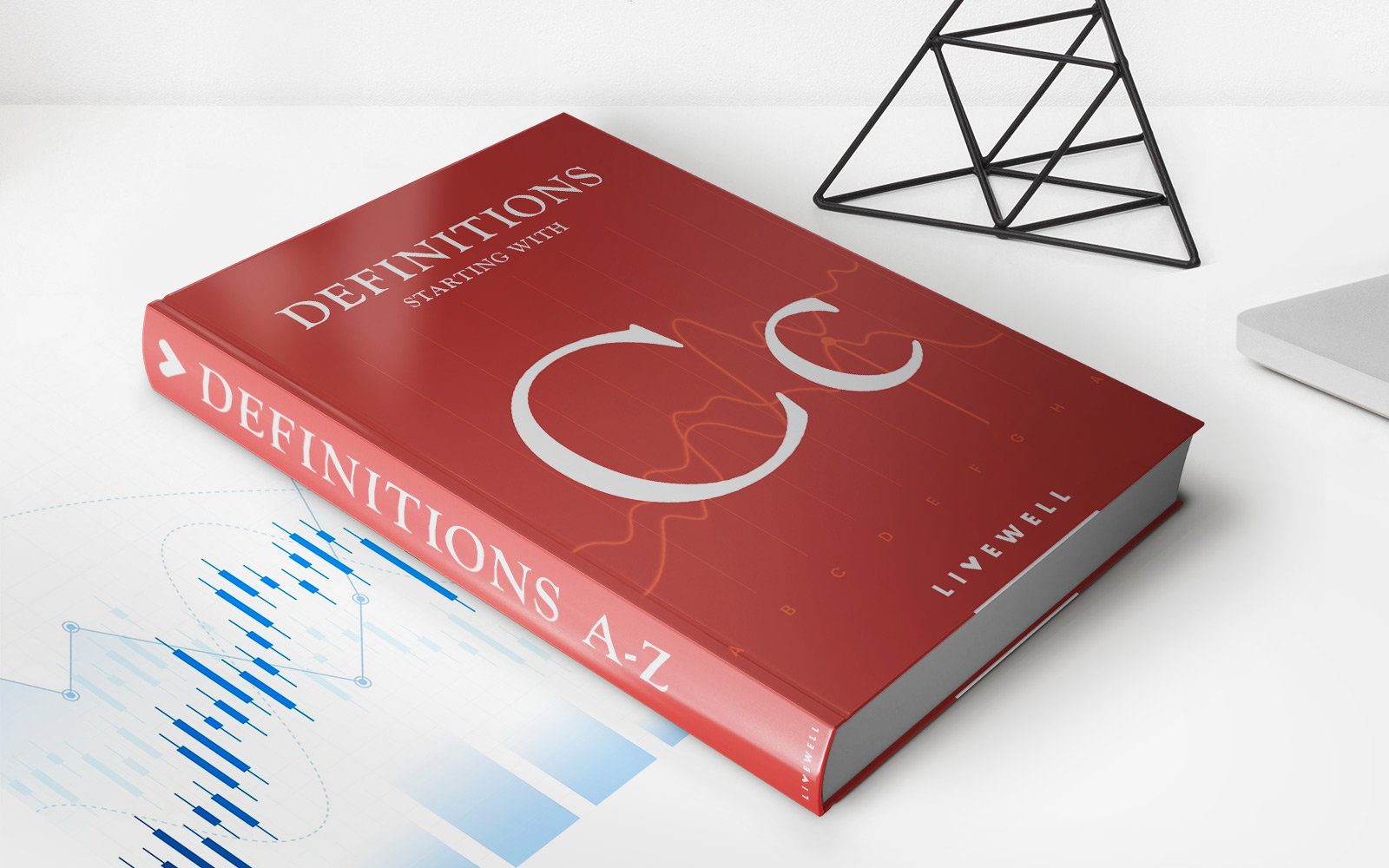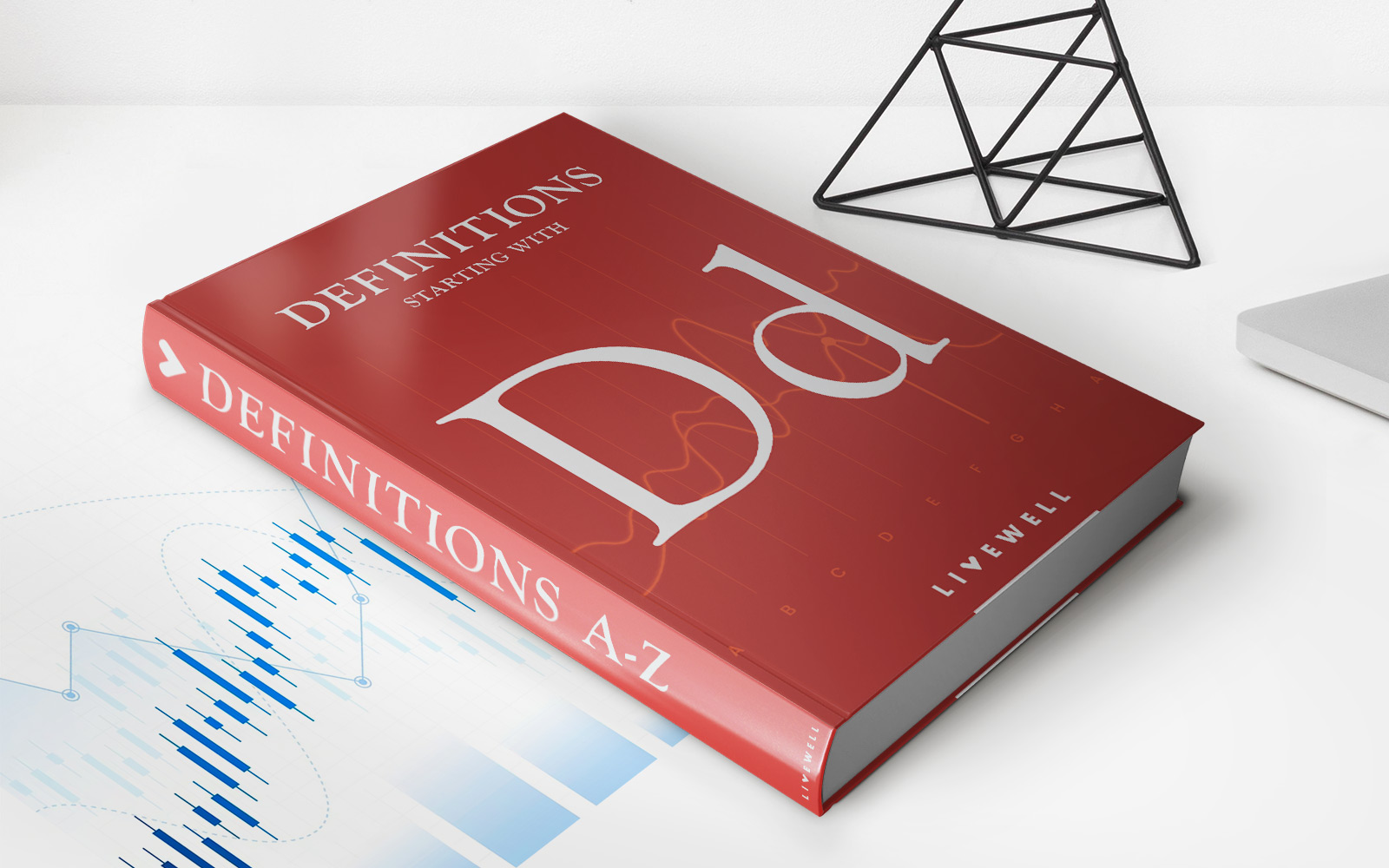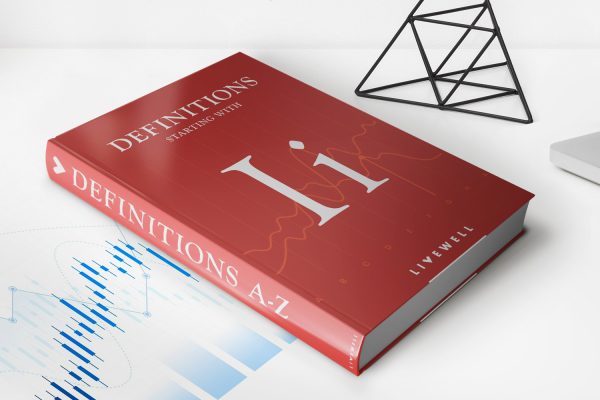Home>Finance>What Is The London Metal Exchange (LME)? Definition And History
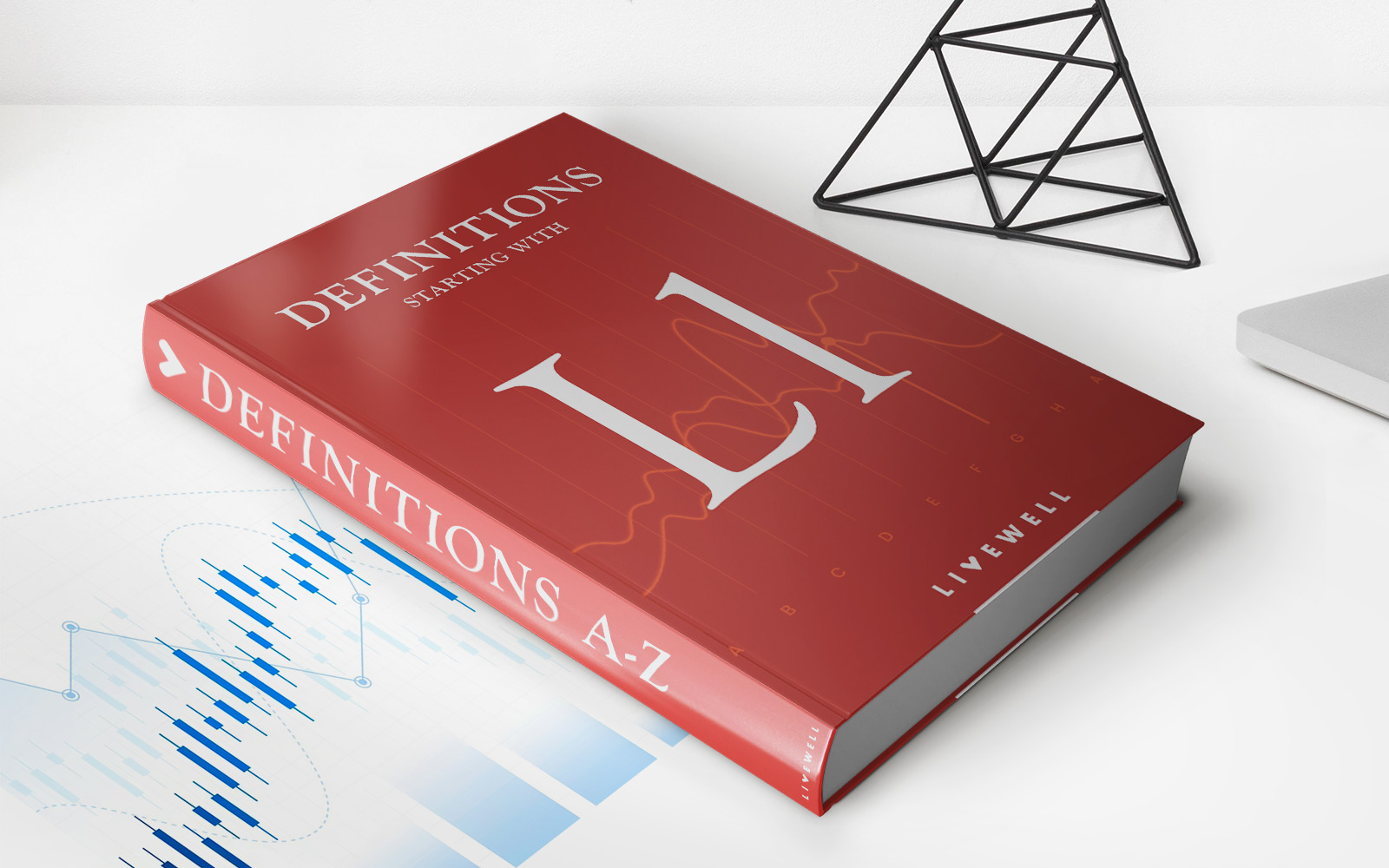

Finance
What Is The London Metal Exchange (LME)? Definition And History
Published: December 20, 2023
Learn about the London Metal Exchange (LME), its definition, history, and its role in finance. Discover the significance of this renowned financial institution.
(Many of the links in this article redirect to a specific reviewed product. Your purchase of these products through affiliate links helps to generate commission for LiveWell, at no extra cost. Learn more)
What Is the London Metal Exchange (LME)? Definition and History
If you are interested in the world of finance and investment, you may have come across the term “London Metal Exchange” or LME. But what exactly is the London Metal Exchange, and why is it so important in the world of metals trading? In this blog post, we will explore the definition and history of the LME and shed light on its significance in the finance industry. So, let’s dive in!
Key Takeaways:
- The London Metal Exchange (LME) is a major global marketplace for trading industrial metal commodities.
- Established in 1877, the LME has a rich history spanning over a century and has become a critical hub for price discovery and risk management in the metals market.
The Definition of the London Metal Exchange (LME)
The London Metal Exchange, commonly referred to as the LME, is the world’s premier venue for trading and price discovery of industrial metal commodities. It operates as a physical market with a vast network of traders, manufacturers, producers, and consumers involved in the supply chain of various metals.
The LME allows for the trading of futures and options contracts for metals such as copper, aluminum, zinc, lead, nickel, and tin. Traders can enter into contracts to buy or sell these metals at a specific price in the future, providing a mechanism for hedging against price fluctuations and managing risk.
A Brief History of the London Metal Exchange
The London Metal Exchange has a fascinating history that dates back to 1877, making it one of the oldest and most influential commodity exchanges in the world. It was established as a result of the growing need for a forum where traders could come together and set standardized metal prices.
Originally known as the London Metals and Mining Company, the exchange quickly gained recognition and expanded its offerings. By 1881, it had evolved into a fully-fledged exchange, allowing trading in copper, tin, and lead futures contracts.
Over the years, the LME has adapted to changes in the industry and introduced new metals to its list of tradable commodities. Today, it offers futures and options contracts for a wide range of metals, with an average annual trade volume of over 150 million lots.
The LME’s importance in the global market is evident by the fact that its metal prices are widely referenced as benchmarks in various sectors. The exchange is known for its robust regulation, transparency, and adherence to technical standards, assuring market participants of fair and efficient trading.
The Significance of the London Metal Exchange in Finance
The London Metal Exchange plays a crucial role in the financial world, providing a platform for price discovery, risk management, and investment in the metals market. Here are a few key reasons why the LME holds such significance:
- Hedging: The LME enables producers, manufacturers, and consumers of metals to hedge against potential price volatility in the future. By entering into futures contracts, they can secure a fixed price and minimize risks related to price fluctuations.
- Price Benchmark: The LME is widely recognized as a global benchmark for metal prices. It provides reliable and transparent pricing information that influences metal markets worldwide, helping traders and businesses make informed decisions.
- Physical Delivery: Unlike many other exchanges that solely focus on paper trading, the LME facilitates physical delivery of metals. This ensures that the prices established on the exchange reflect real-world supply and demand dynamics.
- Market Transparency: The London Metal Exchange maintains a high level of transparency, publishing daily trading data and warehouse stock levels. This transparency allows market participants to assess market trends, monitor inventories, and make educated trading decisions.
With its long-standing history, comprehensive range of metals, and influence on the global metals market, the London Metal Exchange continues to be a vital institution in the finance industry.
To summarize, the London Metal Exchange (LME) is a global marketplace for trading industrial metal commodities that has been in operation for over a century. Through its role in price discovery, risk management, and international benchmarking, the LME has proven to be an essential player in the world of metals trading.
